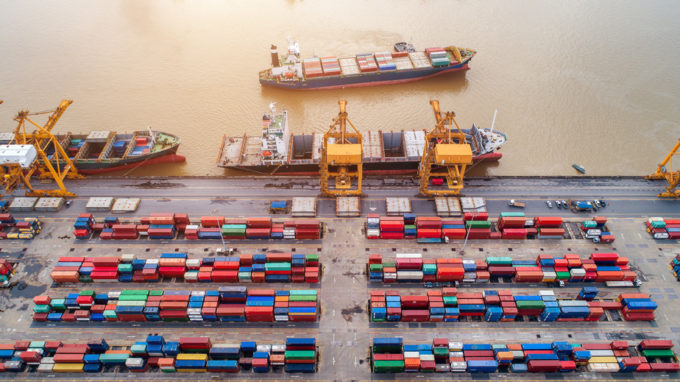
Just like cooler temperatures and falling leaves are the harbingers of autumn, so too are the notifications that will soon be arriving from U.S. Customs and Border Protection (CBP) that your company has been selected for a Focused Assessment. What can you do to prepare for one of these assessments? How can you ensure that yours goes as smoothly as possible? Keep reading for some tips and guidance.
Let’s focus on Focused Assessments
If you haven’t heard about the Focused Assessment (FA) process, it’s CBP’s methodology for evaluating an importer’s potential risk for non-compliance with the established import regulations. The process normally begins with an evaluation of the importer’s records based on information collected during the entry process, and includes information on the volume of imports, the value of the imports, use of Free Trade Agreement exemptions, (such as NAFTA, Chapter 98, etc.), and the type of industry the company is involved in (textiles, automotive, electronics, etc.).
From there, if your company is chosen for an FA based on the above criteria, CBP will issue an FA Questionnaire along with a letter outlining what can be expected during the process. In general, a company is expected to return the completed questionnaire within the specified period of time stated in the letter. (This is typically 30-45 days from the date the letter was issued.) Based on the responses you provide to CBP, they may request copies of your entry records, selected general ledger account information, payment records to your foreign vendors, and documentation to support duty free preference claims.
How can I prepare for a CBP Focused Assessment?
These assessments can take a lot of time and resources for any company – small, medium or large. That said, there are some things that you can start doing now to help ensure that any review or request for documentation by CBP goes smoothly. Below are some best practice steps that should be part of any import compliance program:
-
- Do you have a written import compliance manual? Documented procedures and controls that outline how your company handles areas such as classification, valuation, assists, and recordkeeping are crucial.
- Do you self-audit import entries? It’s important to verify that the correct duties and taxes are being paid to CBP. Also, has your company taken the appropriate steps to correct an entry when a mistake is made? Has this correction been documented? Generally, it’s better to discover problems during your own internal audit process than to have them surface as part of an FA.
- Are you auditing your duty-free preference claims? Do you have adequate documentation to support these claims?
- How’s your recordkeeping? Many companies get this wrong. Maintaining accessible records, and being able to provide them to CBP, will go a long way to ensuring a smooth process during any assessment. You should be able to easily retrieve the purchase order issued to the foreign supplier, commercial invoice from the foreign supplier, the customs entry documents, supporting FTA documents, any ‘assist’ documents, credit or debit memos associated with the entry, and payment records for the product received.
- How often do you self-assess your import program? Again, self-assessment of your import processes is key. Don’t wait for CBP to find out that one of your processes has failed. The time to identify and correct problems is now.
Companies who import products from outside the United States need to be aware that CBP now has more visibility into your imports than ever before. With the advent of the Automated Commercial Environment (ACE), they are no longer focusing on the top 1,000 importers into the U.S. Now, CBP is “moving down the list” to the next tier of importers – the medium and small companies. Development of an import compliance program will go a long way to help mitigate your potential for non-compliance with U.S. Customs Regulations.
Need help developing (or improving) your company’s import compliance? Schedule a No-Charge Consultation today.
Beverly Demma is a Sr. Consultant for Export Solutions -- a full-service consulting firm specializing in U.S. import and export regulations.
